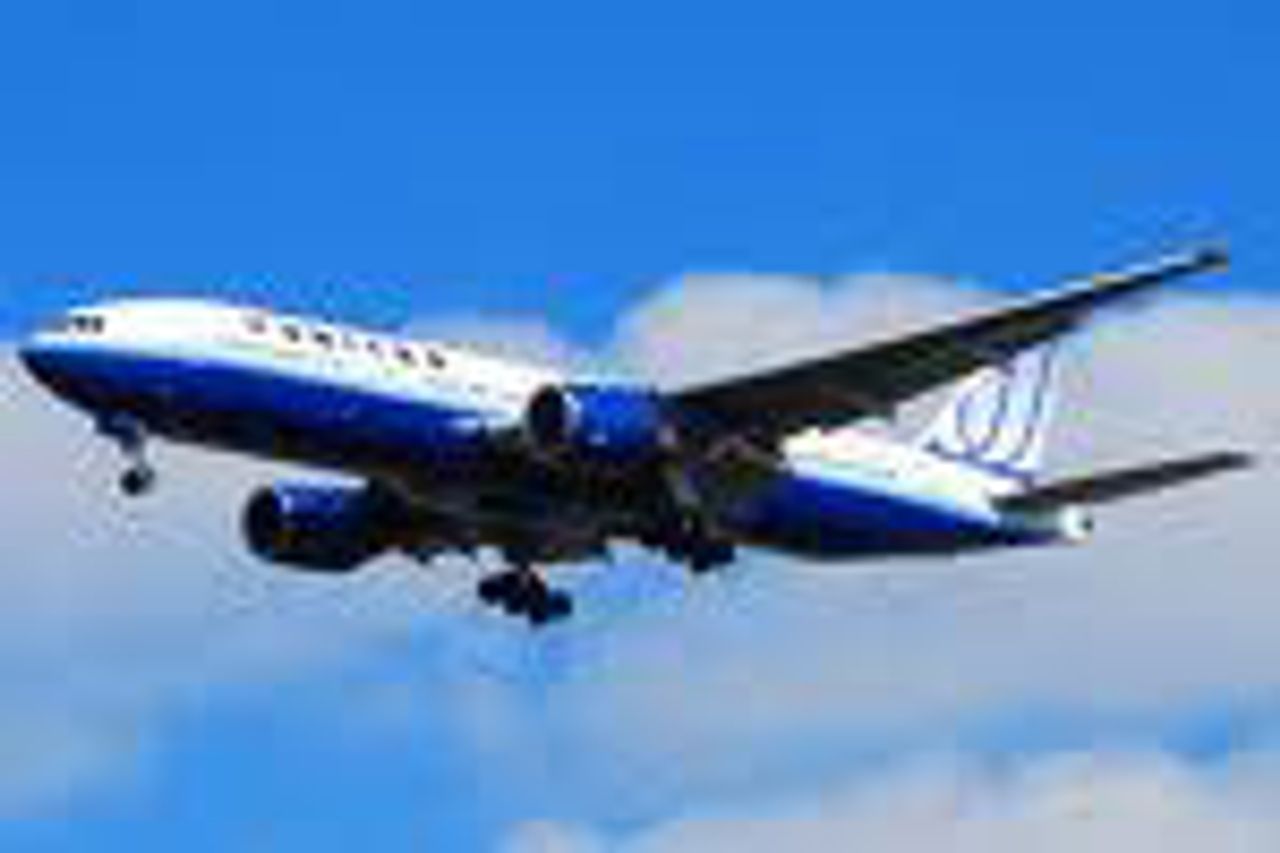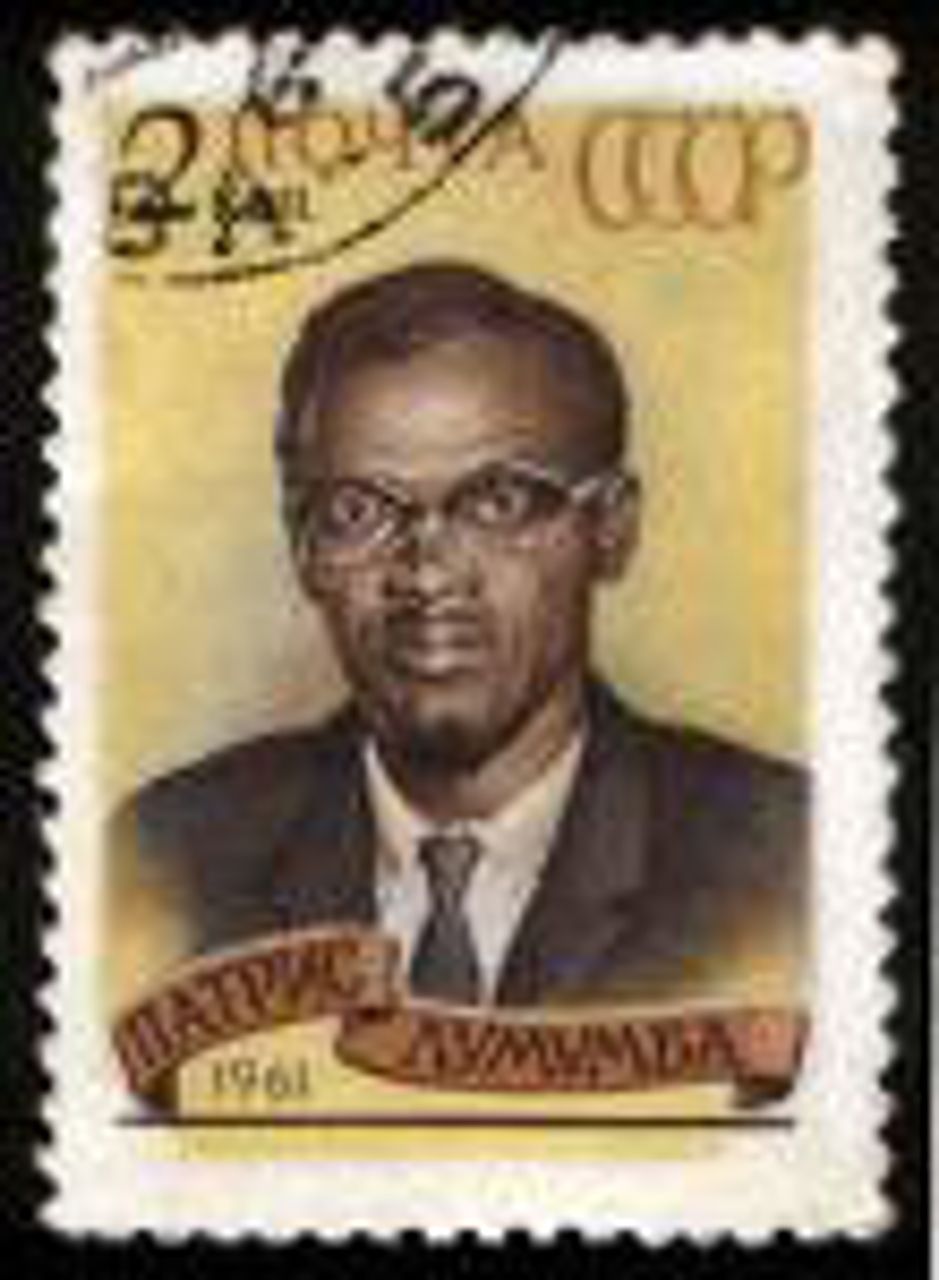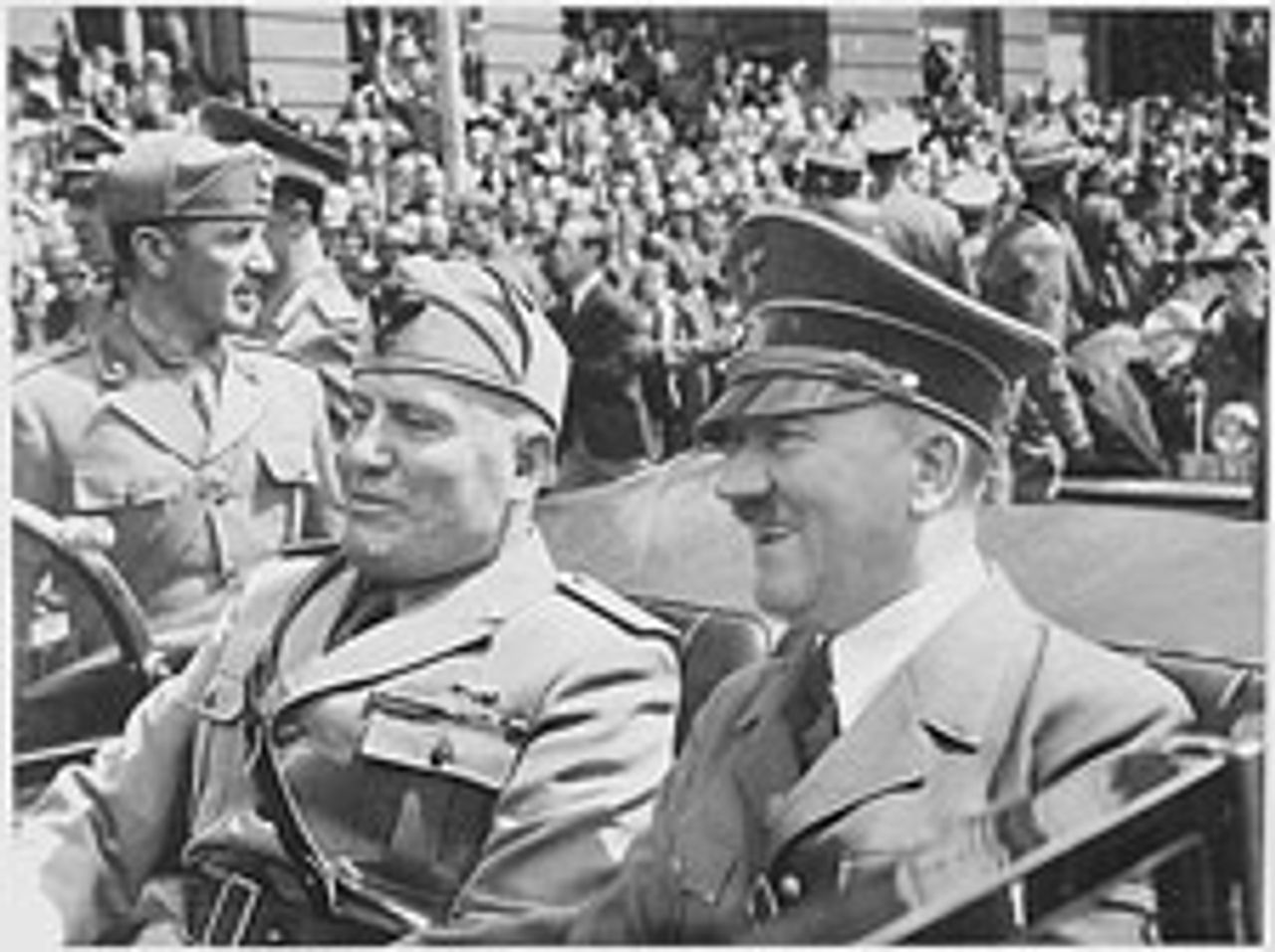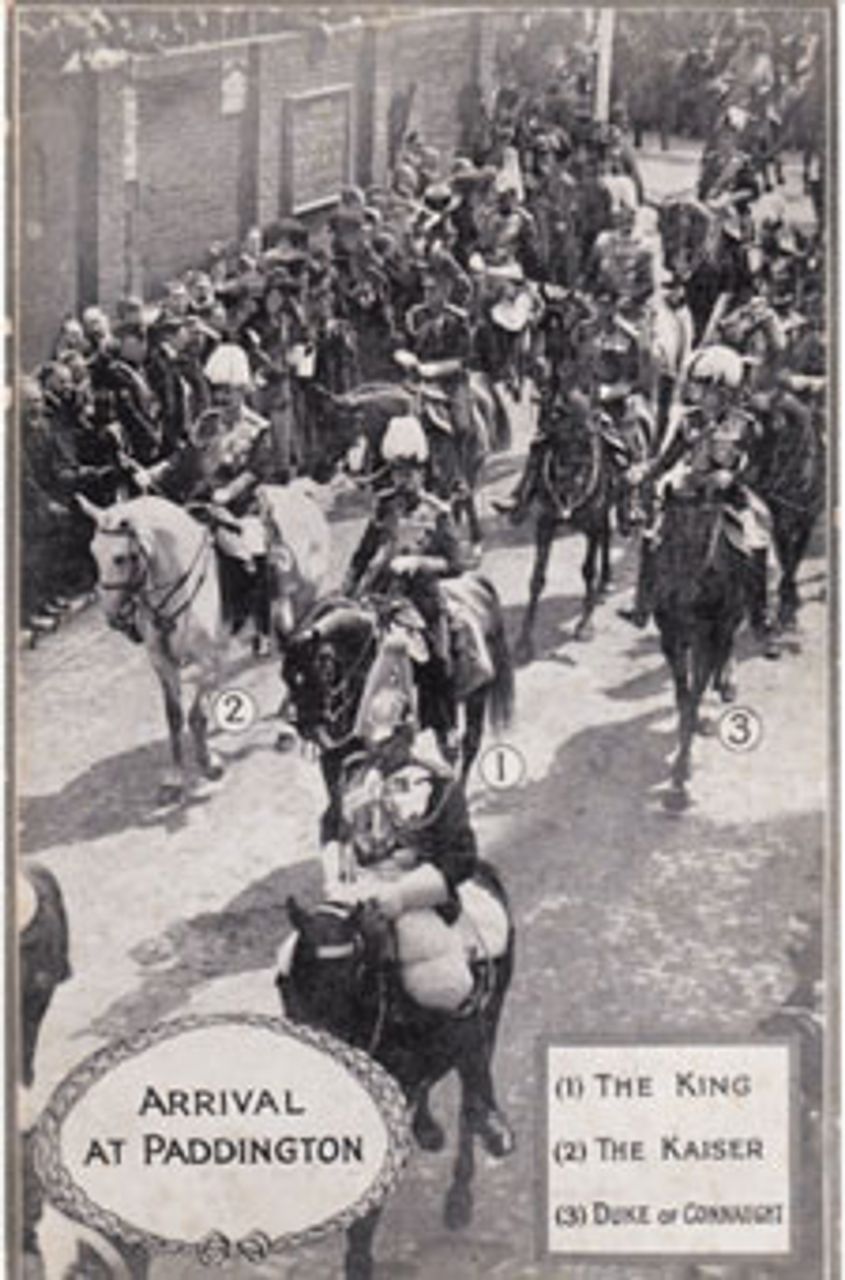This Week in History provides brief synopses of important historical events whose anniversaries fall this week.
25 Years Ago | 50 Years Ago | 75 Years Ago | 100 Years Ago
25 years ago: United Airlines pilots strike
 United Airlines
United AirlinesUnited Airlines pilots went out on strike on May 17, 1985 in a fight against a drive by CEO Richard Ferris to create a two-tier pay system with sharply reduced compensation for new hires. It was the latest major defensive strike to hit the US since the Reagan administration’s 1981 crushing of the PATCO air traffic controllers strike—with the complicity of the AFL-CIO—which signalled a far-reaching assault on the jobs and wages of union workers.
The strike at the nation’s largest air carrier resulted in the cancellation of thousands of flights across the US at dozens of airports. United handled about 15 percent of all US air travelers, about 120,000 per day. Most affected was United’s Chicago O’Hare hub, where the airline accounted for nearly half of all passenger traffic. At many other airports, however, rival airlines cooperated with United management to rearrange flight schedules to keep traffic flowing and undermine the strike.
United pilots were denied such cooperation by their union, the Air Line Pilots Associations (ALPA), even though it boasted a 95 percent unionization rate among the nation’s cockpit crew members. A similar two-tier pay scale had already been forced on American Airlines pilots, and negotiations with pilots at Delta, TWA, and US Airways were scheduled for the following months. But ALPA refused to call for a national strike, leaving its pilot’s unions to be isolated and defeated, one-by-one.
ALPA accepted the principle that cuts were necessary to maintain the competitiveness of United in the wake of the 1978 Airline Deregulation Act, which had been shepherded through congress by Senator Edward Kennedy and signed into law by President Jimmy Carter, both Democrats. The regulatory power of the Civil Aeronautics Board was gutted, and the major “legacy” carriers such as United, began to lose market share to low-cost upstarts.
50 years ago: Lumumba victorious in Congo elections
 Patrice Lumumba
Patrice LumumbaPatrice Lumumba, leader of the National Congolese Movement (NCM), was well in the lead as voting continued in May 11-25 elections that would create Congo’s first independent government. The handover of sovereignty from Belgium was scheduled for June 30. Lumumba did not win a majority, but gained more votes than any other candidate, and thus the right to form a government. Even before the voting was over, pro-Belgian and regional political groupings began to form an anti-Lumumba bloc.
A tour by Lumumba during the elections established him as the only Congolese politician with a significant national backing in the sprawling and heterogeneous colony, as cheering crowds in the thousands flocked to see the 34-year-old nationalist leader, until recently imprisoned by the Belgians.
In a sign of US government disapproval, the New York Times launched a campaign maligning the young nationalist as the elections unfolded. In a series of articles, Lumumba was repeatedly referred to as a “dictator,” a “ruler,” and a “messiah,” and nearly every report mentioned that he was “once convicted of embezzlement” as a postal clerk. The Times also published unsubstantiated allegations that Lumumba had committed election fraud and had received $200,000 from the Belgian Communist Party.
75 years ago: Hitler makes false pledges of “peace and friendship”
 Hitler and Mussolini
Hitler and MussoliniOn May 21, 1935, German Chancellor Adolf Hitler delivered a speech before the Reichstag in which he insisted his National Socialist government was committed to peace. “The German Reich,” said the Nazi leader, “especially the present German Government, has no other wish except to live on terms of peace and friendship with all the neighboring States.” The real threat to peace in Europe, declared Hitler, was Bolshevism.
In his speech, Hitler denounced the Treaty of Versailles and the restrictions it placed upon Germany following the First World War, saying, “instead of equality of all, came classification into victors and vanquished; in place of equal rights, differentiation between those entitled to rights and those without rights; in place of reconciliation of all, punishment of the vanquished; in place of international disarmament, disarmament for the defeated.”
Hitler warned that he would now restore Germany’s economic and military equality with the world’s major powers.
On the same day, the Nazi government rechristened the Ministry of Defense as the Reich War Ministry. A new law was also passed establishing a military draft for all able-bodied German citizens between the ages of 20 and 35, excluding Jews. As Hitler continued to build up the German military in preparation for war, he declared, “Whoever lights the torch of war in Europe can wish for nothing but chaos.”
100 years ago: European royalty gather for funeral of Edward VII
 Funeral Procession for Edward VII
Funeral Procession for Edward VII The funeral of British monarch Edward VII, held May 20, 1910, provided occasion for a vast gathering of European royalty. The pomp and show of unity—all the kings and most of the royalty in the procession were related by blood to Edward—could only thinly veil the pressures threatening to tear Europe apart.
Following in procession the bier of Edward—a decidedly unremarkable man whose only claim to fame was waiting decades to succeed his grandmother Victoria—were the monarchs of eight states: Spain, Belgium, Denmark, Greece, Bulgaria, Portugal, Norway, and Germany, the last represented by Edward’s nephew, Kaiser Wilhelm. Following the kings were other prominent bluebloods such as Franz Ferdinand, heir to the Austro-Hungarian throne, Prince Sehzade Yusuf Izzeddin Effendi, heir to the Ottoman Empire, and Maria Feodorovna, mother of Russian Czar Nicholas II and sister-in-law to Edward VII. Former US President Theodore Roosevelt and French Foreign Minister Stephon Pichon were the only two representing republics.
The funeral was held against the backdrop of mounting inter-imperialist tensions and the emergence of revolutionary struggles of the working class. Edward’s Britain had, in the previous years, forged an alliance with Russia and France to contain the growing influence of Wilhelm’s Germany, and the two nations had entered a costly arms race. Only five years earlier, Russia’s monarchy had nearly been toppled in the revolution of 1905, there were mounting working class struggles in Germany, Spain, and the US among others.
